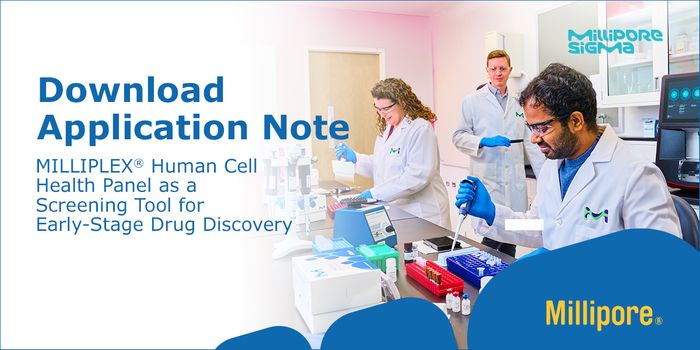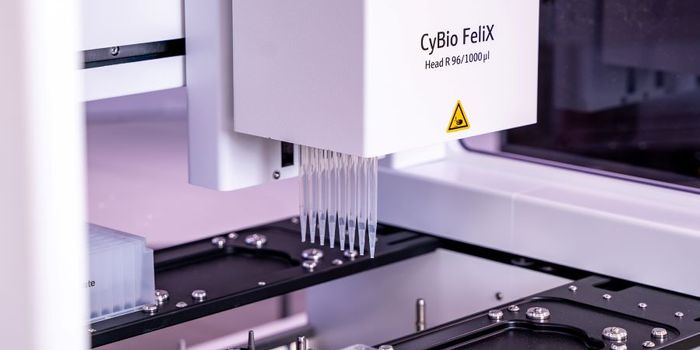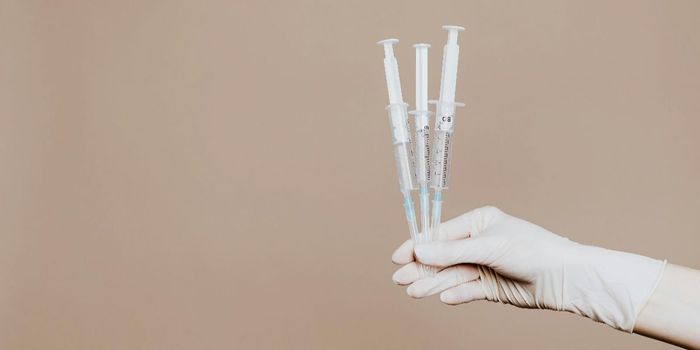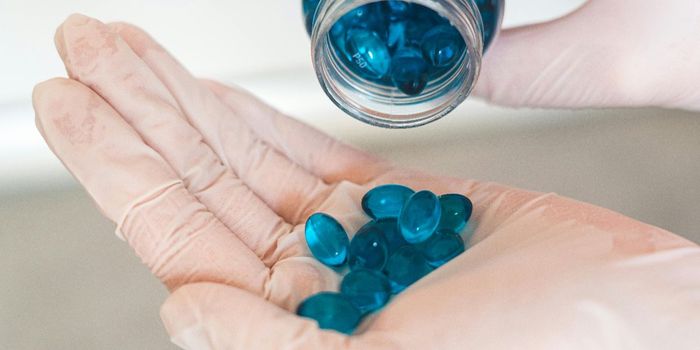New drug could help repair nervous system damage caused by strokes
A recent study published in Cell Reports highlights a new drug that could help to repair nervous system damage caused by ischemic strokes in animal models. The breakthrough preclinical study was conducted by researchers from the University of Cincinnati and Case Western Reserve University. An ischemic stroke happens when the blood supply to part of the brain is either decreased or interrupted entirely and prevents the brain from properly receiving oxygen and nutrients.
While there are presently no FDA-approved drugs to repair stroke-caused damage, the study discovered that a drug called NVG-291-R allows both repairs to nervous systems and enabling notable functional recovery conducted in animal models of severe ischemic stroke.
"We are very excited about the data showing significant improvement in motor function, sensory function, spatial learning and memory," said Agnes (Yu) Luo, who is an associate professor in the Department of Molecular Genetics and Biochemistry in Cincinnati’s College of Medicine, and a co-author on the study.
Luo said the drug would be a “substantial breakthrough” if the early results move into clinical settings. However, further studies and validation of the research team’s results will be required to determine if the same results can be achieved in human patients. Additional research will also be required to see if NVG-291-R successfully repairs damage from hemorrhagic strokes in both animal models and human patients. A hemorrhagic stroke happens when blood from an artery unexpectedly starts bleeding into the brain.
"Most therapies being researched today primarily focus on reducing the early damage from stroke," Luo said. "However, our group has focused on neurorepair as an alternative and now has shown that treatment with NVG-291-R not only results in neuroprotection to reduce neuronal death but also robust neuroreparative effects."
NVG-291 is currently being tested in a Phase 1 clinical trial in healthy human subjects, with the worldwide rights to the drug being held by NervGen Pharma Corp.
Sources: Cell Reports, Mayo Clinic, Cedars Sinai
As always, keep doing science & keep looking up!









